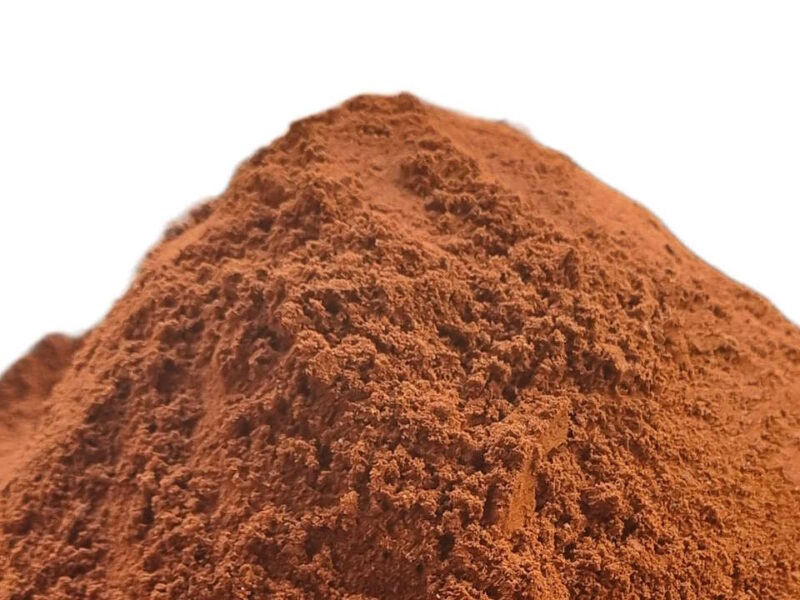Surkhi

Surkhi is an artificial pozzolanic material produced by grinding burnt clay bricks or clay balls into a fine powder. It is widely used in the construction industry, particularly in India, for its beneficial properties and versatility in enhancing the performance of cement mortars and concrete.
Uses of Surkhi:-
Waterproofing: Surkhi is commonly used to make waterproof cement mortars and concrete, providing excellent resistance against water penetration. This makes it suitable for various applications where water-tightness is essential, such as basements, tanks, and water-retaining structures.
Alkali and Salt Resistance: Surkhi improves the resistance of concrete to alkalis and salt solutions, making it a preferred choice for construction projects in areas exposed to corrosive environments. It helps to prevent the deterioration of concrete caused by the presence of alkalis or salts.
Industrial Chimneys and Boiler House Walls: Surkhi is extensively used in the construction of industrial chimneys and boiler house walls. These structures require high strength and durability, and the addition of surkhi ensures long-lasting performance, withstands high temperatures, and provides resistance to chemical exposure.
Substitution for Fine Aggregates: Surkhi can be used as a substitute for fine aggregates (such as sand) in mortar. It offers similar functions as sand but imparts additional strength and improved hydraulic properties to the concrete.
Temperature Reduction: Adding surkhi to concrete helps regulate the temperature rise during the hydration process, thereby reducing the risk of thermal cracking. This is especially beneficial for large concrete masses, ensuring structural integrity and preventing damage caused by excessive temperature differentials.
Crack Reduction: Surkhi is known for its ability to reduce cracking in concrete. By incorporating surkhi, the concrete becomes more resistant to cracking, resulting in increased durability and a longer service life for the structures.
Improved Workability: Surkhi enhances the workability of concrete, making it more plastic and less prone to bleeding and segregation. It results in a more homogeneous mixture, better compaction, and improved finishing of concrete surfaces.
Shrinkage Reduction: Surkhi helps reduce the shrinkage of concrete, minimizing the risk of deformation and structural damage over time. This is particularly important in applications where dimensional stability is crucial, such as in large slabs or foundations.
Strength and Durability Enhancement: Although surkhi may exhibit a slight reduction in initial strength, it attains its full strength over time, ensuring long-term durability and structural integrity. Surkhi imparts improved properties to the concrete, enhancing its strength, resistance, and overall performance.
Performance in Hot Climates: Surkhi is beneficial in regions with hot climates, as it aids in reducing the temperature rise during concrete curing. By mitigating excessive heat, it prevents premature drying, maintains hydration, and contributes to the development of stronger and more durable concrete structures.
Overall, surkhi offers a range of uses in construction, providing enhanced properties to cement mortars and concrete. Its applications encompass waterproofing, alkali and salt resistance, industrial chimneys, crack reduction, temperature regulation, improved workability, and strength and durability enhancement.
